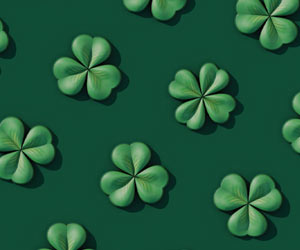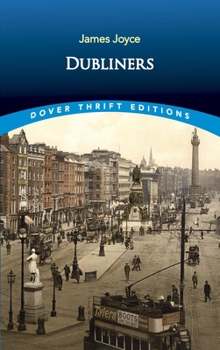Dubliners
Select Format
Select Condition 
Book Overview
Although James Joyce began these stories of Dublin life in 1904, when he was 22, and had completed them by the end of 1907, they remained unpublished until 1914 -- victims of Edwardian squeamishness. Their vivid, tightly focused observations of the life of Dublin's poorer classes as well as their unconventional themes, coarse language, and mention of actual people and places made publishers of the day reluctant to undertake sponsorship.
Today, the stories are admired for their intense and masterly dissection of "dear dirty Dublin" and for the economy and grace with which Joyce invested this youthful fiction. From the first story "The Sisters," illuminating a young boy's initial encounter with death, through the final piece, "The Dead," considered a masterpiece of the form, these tales represent, as Joyce himself explained, a chapter in the moral history of Ireland that would give the Irish "one good look at themselves." In the end the stories are not just about the Irish; they represent moments of revelation common to all people.
Now readers can enjoy all 15 stories in this inexpensive collection, which also functions as an excellent, accessible introduction to the work of one of the 20th century's most influential writers. Dubliners is reprinted here, complete and unabridged, from a standard edition.
Customer Reviews
One of the greatest of all story collections
The Lessons of Life in Dublin
A 20th Century Masterpiece
One of the greatest and most influential collections
Perfection!
Dubliners Mentions in Our Blog

Treat your February-born friends and family to a bookish birthday! Did you know you can schedule ThriftBooks e-Gift Cards to be delivered on a specific date? Or If you'd rather give your February friends something specific, we've put together a list of some of the hottest titles of the moment. Plus, learn about literary luminaries born this month.

Ireland is no stranger to being home to literary legends, which may partly explain why it's referred to as "The Land of Saints and Scholars." With St. Patrick's Day quickly approaching, what better time to honor these literary legends and highlight some of the best Irish authors?






